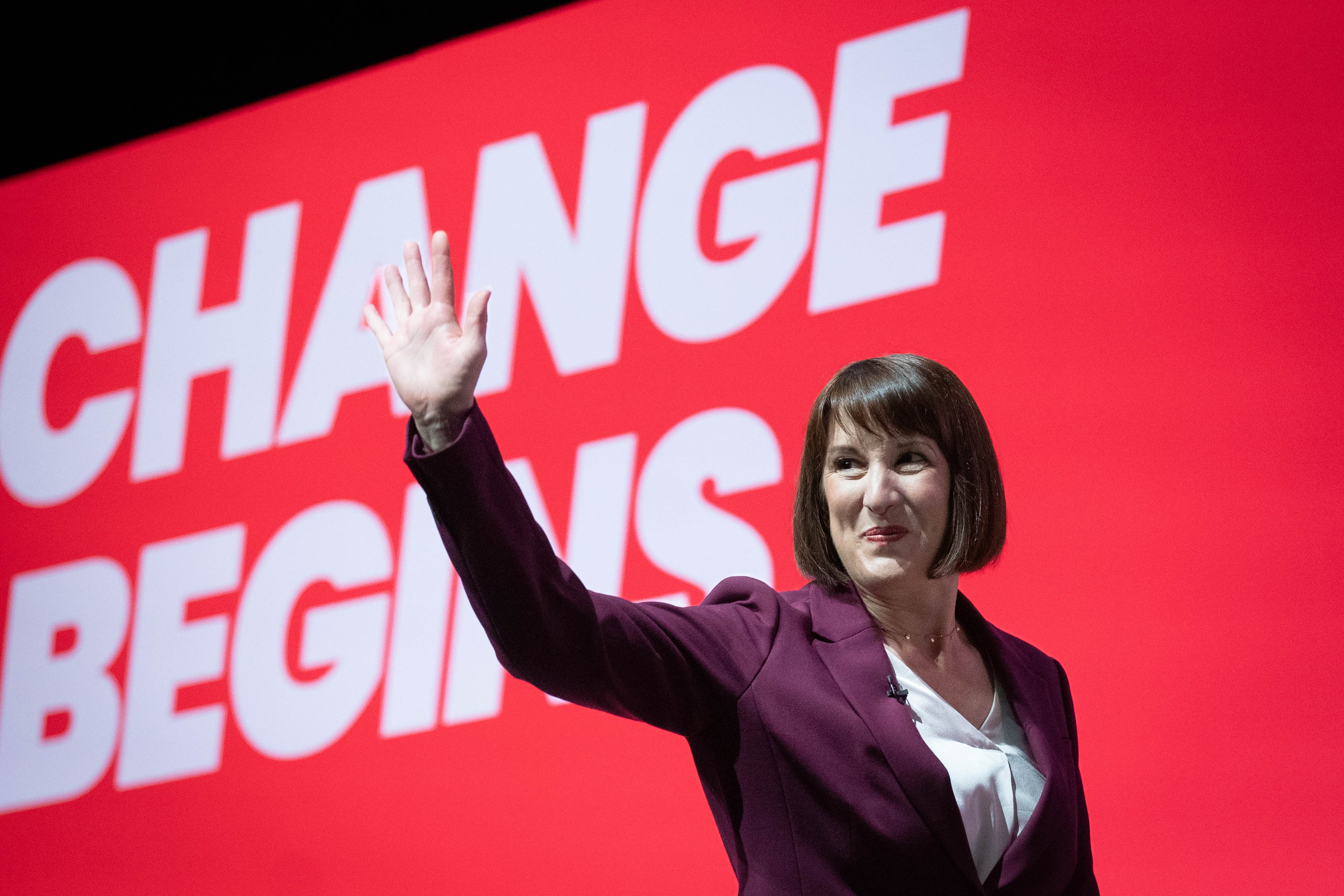The Independent's journalism is supported by our readers. When you purchase through links on our site, we may earn commission.
The real problem facing Rachel Reeves over inheritance tax...
... is that not only is it deeply unpopular, cautions James Moore – but it’s only a drop in the ocean when it comes to plugging the UK’s vast fiscal black hole


Suitably, as Halloween approaches, the “death tax” (or inheritance tax, as it’s formally known) is spooking Britain again.
The pre-Budget scuttlebutt suggests inheritance tax is in Rachel Reeves’s sights as she battles to plug a fiscal black hole that could be as high as £40bn.
If so, the chancellor is playing with fire. Tax is never popular but this is one of Britain’s least loved levies.
YouGov says its polling has consistently found that Britons consider inheritance tax to be “unfair” despite the fact that most of them never pay a penny. A survey it conducted in July of 2023 found a majority (56 per cent) would support scrapping it entirely.
More than four in 10 (42 per cent) people felt it amounted to double taxation and that hard-earned money, which is already heavily taxed, shouldn’t get hit again when it is passed on – especially not at a rate of 40 per cent.
The counter argument – that it’s money the recipients haven’t earned or paid tax on – simply doesn’t cut through, despite the numbers telling us that this isn’t the Halloween tax horror most people think it is.
Far more people worry about inheritance tax than ever pay it. It currently kicks in on any estate worth more than £325,000 and the threshold is frozen up to and including 2027-28. HM Revenue & Customs figures for the 2021-22 tax year show that just 4.39 per cent of UK estates – 27,800 – breached the threshold and resulted in an Inheritance Tax (IHT) charge in that year.
A particular concern of middle-class parents wanting to leave something for their children is that rising house prices will drag their offspring into paying it. Figures from the UK Land Registry, however, put the average UK house price at £293,000, which is still comfortably under the threshold.
IHT is also often described as Britain’s “most avoidable tax”, which it is – with effective planning. For a start, bequests to a spouse are zero rated so long as they are UK domiciled. It doesn’t matter how big the estate is. A British Elon Musk could pass his whole pile on to his spouse so long as he was based here for tax purposes. This also applies to civil partnerships.
A gift given to one’s children is also exempt if it is made more than seven years before the parent passes on. These are called potentially exempt transfers (PETs) and, yes, they could easily be described as dicing with death. Earlier this year, the FT reported that more than 13,000 wealthy families faced surprise tax bills as high as £1.4m on these gifts “after the donor died within seven years of making the bequest”.
PETs under the seven year rule have long been seen as a target for reform. They were when I was working for a financial trade paper more than 25 years ago. They’ve proved remarkably sticky, perhaps because this area is so controversial and unpopular with the public.
Charitable donations also reduce the headline rate to 36 per cent if the gift racks up to 10 per cent of the value of an estate. And there are further reliefs available covering businesses and/or transfers of agricultural property.
A report by the Centre for Analysis of Taxation released this week found that if you exclude estates eligible for the spousal exemption, a quarter of those worth more than £10m “have effective tax rates above 37 per cent” but another quarter “pay less than 9 per cent, and one in six pay less than 4 per cent” because of these reliefs.
“This implies that what matters for how much IHT an estate pays is not just how much wealth the estate has in total, but which types of asset are held,” the report says. The think tank describes the entire system as “broken”. Numbers like that back up its assertion.
The trouble with the reform of a complicated and controversial tax is that wealthy people have the capacity to make a lot of noise and there is always the risk of unintended consequences, which is why previous efforts to fix these discrepancies have floundered.
Not only will reform prove unpopular and potentially controversial, the real problem facing Reeves is that it probably won’t do her much good. We’re talking drop in the ocean territory here when it comes to plugging the vast black hole.
The Institute for Fiscal studies forecasts that IHT in its current form, with all those reliefs, complexities and inequities, will raise £7.5bn in the 2024-25 tax year. This represents just 0.7 per cent of all receipts and is equivalent to 0.3 per cent of national income. Ironing out some of the above issues probably won’t increase the tax take by much.
The arguments for reform are still persuasive. The current system is clearly unfair to the minority of people who pay IHT, for starters. But the potential political costs versus the fiscal benefits to the exchequer nonetheless make this a risky play.






Join our commenting forum
Join thought-provoking conversations, follow other Independent readers and see their replies
Comments